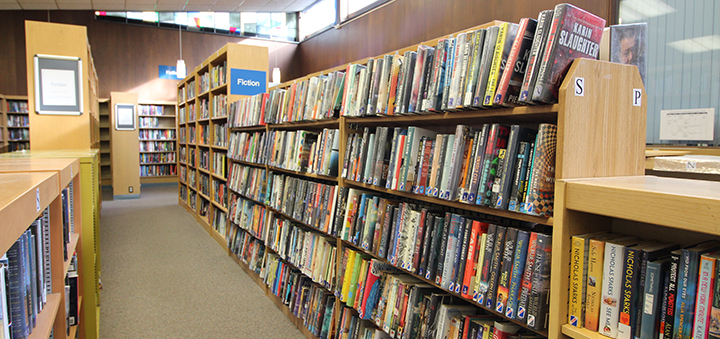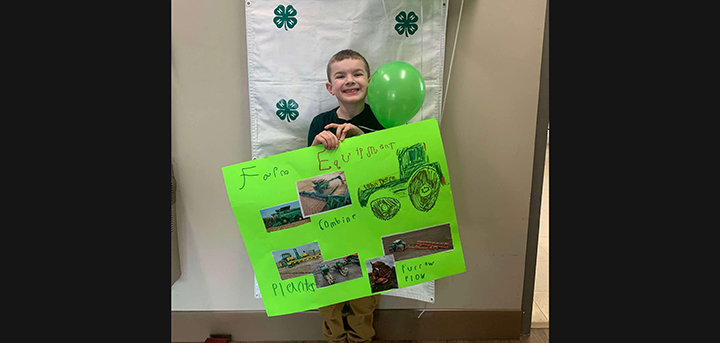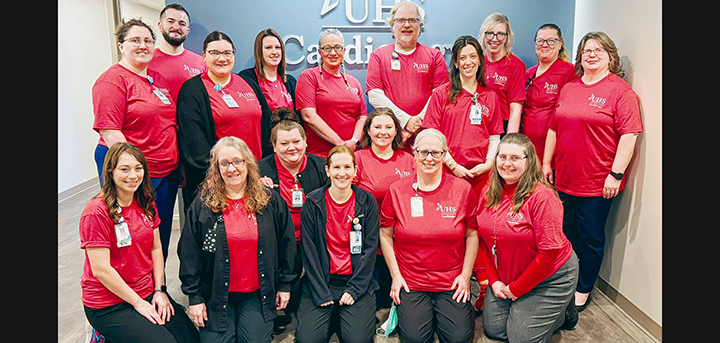Chenango United Way: Funding early ed to curb poverty cycle
CHENANGO COUNTY — Combating the cycle of poverty on a local level is never an easy task, but one of the area's most heavily relied upon nonprofits is stepping up its game when it comes to meeting the most basic of needs: education.
Of the allocations organizers at the Chenango United Way are looked upon to disburse every year, channeling funding streams to enrich early education programming is just one way the local chapter addresses the often life-long cycle of needs head on.
While Chenango County is home to a well attended public and private school population, numbers obtained from the U.S. Census and Chenango County Department of Health raise red flags that directly correlate with increased drop-out rates and illiteracy, which leads to an increase in adult dependancy on public assistance.
“We know that by investing in early eduction—particularly early literacy— children are enabled to learn more effectively throughout their school careers, become successful graduates and become self-sufficient adults,” said Chenango United Way (CUW) Executive Director Elizabeth Monaco. “Prevention is much more effective than intervention, and by meeting the basic foundational issues, such as reading an literacy early on, we can stabilize increased cost to taxpayers in the future.”
Grades and absenteeism rates from pre-school aged children through third grade students can predict with nearly 90 percent accuracy whether or not students will complete high school.








Comments